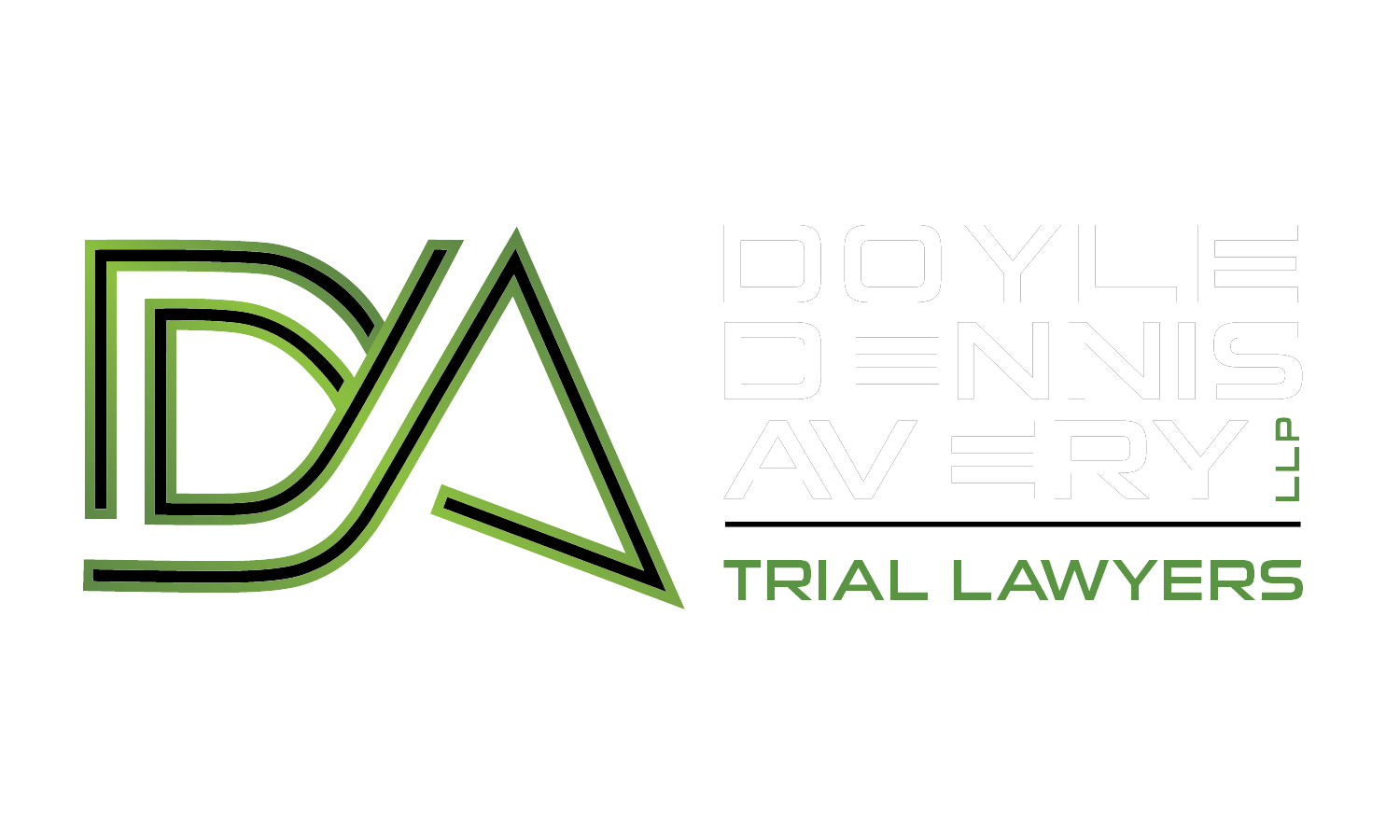Emergency Medical Treatment Whistleblowers
Doyle Dennis Avery LLP proudly represents health are workers, including doctors, physician’s assistance, nurses and others who have made protected reports under the Emergency Medical Treatment and Active Labor Act (EMTALA) 42 U.S. Code § 1395dd. Since its passing in 1986, EMTALA places important requirements on hospitals, including that most patients at most emergency departments must be stabilized and treated, even if they do not have insurance or ability to pay.
What is protected?
Section 1395dd protects a healthcare employee who has refused to authorize the transfer of an individual with an emergency medical condition that has not been stabilized or against any hospital employee because the employee reports a violation of a requirement of this section. In other words, federal law protects any healthcare worker who refuses to reject treatment or remove a patient from emergency care prior to their treatment and stabilization or reports a violation of EMTALA.
Who is protected?
Under EMTALA, Federal law protects physicians, physician’s assistant, nurse, emergency medical technician, or other person authorized under State or Federal law or regulation to collect blood and urine specimens. Some of the types of employees that may be covered include: anesthesiologist, internists, surgeons, urologists, family physicians, emergency physicians, cardiologists, obstetricians and gynecologists, neurologists, radiologists, anesthesiologists, psychiatrists, dentists, optometrists, registered nurses, licensed vocational nurses, Residents, interns, medical students, licensed practical nurses, nurse practitioners, physician’s assistants, patient advocate, patient care technicians, pharmacists, pharmacy technicians, physical therapist, Phlebotomist, and other healthcare workers
What Damages are available?
For an EMTALA cause of action, federal courts have construed that the same damages under a state law claim for personal injury are available for similar violations. This means that a retaliated healthcare worker may recover lost wages, mental anguish, personal injury harm, and punitive damages.
What other claims are available?
In addition to the EMTALA cause of action, a healthcare provider may have a claim in Texas under the Sections 161.134 or 161.135, a Sabine Pilot retaliation claim, tortious interference, defamation, breach of contract, breach of by-laws, or antitrust violation.
What are the deadlines for filing a wrongful termination or retaliation claim?
For an EMTALA cause of action, federal courts have established that a two-year statute of limitation applies.
Copyright © 2025 Doyle Dennis Avery LLP Trial Lawyers. All rights reserved. Powered By Blue Beam LLC
The information on this website is intended for general informational purposes only and is not legal advice for any individual case or situation. Viewing or receipt of content on this website does not create an attorney-client relationship between the user and Doyle Dennis Avery LLP.
The cases, verdicts and settlements displayed on this site are solely for illustrative purposes and should not be considered a guarantee or prediction of the outcome of any other claims or cases. Each case is unique, and past outcomes are not indicative of future results.
We recommend that users consult with an attorney for legal advice on any questions or concerns they may have. Users rely on the information on this website at their own risk.
